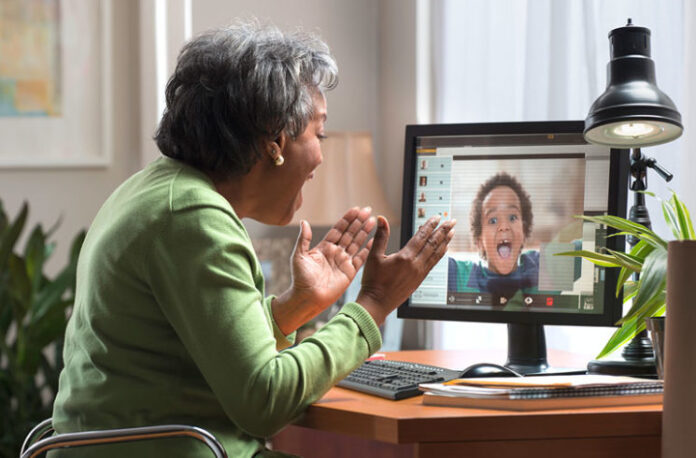The public health advice for preventing the spread of the coronavirus — like staying home and avoiding large gatherings — has undoubtedly saved lives. Unfortunately, it’s also left many of us feeling lonely or isolated from others at some point during the pandemic.
“As a result, we’re seeing a lot more patients with anxiety, depression and worsening memory loss.”
Red flags that your elderly loved ones are struggling
Signs of depression, anxiety or worsening memory loss often go unnoticed in seniors. If you’re seeing your grandparents or parents for the first time in a while, take notice if anything is different about them.
Dr. Rogers recommends watching for:
- Have they lost interest in things they used to enjoy?
- Is their house messy or their yard unkempt, when they previously kept on top of house and yard work?
- Have they lost weight? This could indicate they haven’t been cooking or eating.
- Are they having trouble sleeping?
- Are they showering less?
- Are they skipping medications or forgetting to take them?
- Have they lost the desire to decorate for the holidays if this is something they previously looked forward to?
- Are they missing bills, or overpaying them?
- Have they distanced themselves from communities they used to be part of?
Help seniors stay happy and healthy during the pandemic
There are many ways you can support your elderly loved ones. Dr. Rogers recommends making sure the seniors in your life have at least these things in place to keep their memory and mental health in check:
- Keep up with a daily routine: “I sometimes recommend they use a large calendar to orient themselves in the morning — to figure out what day it is, what pills they need to take and if they have any appointments,” she says. “Keeping a routine is very important.”
- Plan regular social engagement: Help your loved one find community and social groups to participate in, like church, a book club, a support group or a volunteer program. These activities might need to be virtual for now, but they can help seniors maintain a sense of purpose and belonging.
- Do activities to stimulate the brain: This could be something as simple as looking at photo albums or recipe books, or something more complex. “Studies have shown that learning a new language, coloring or listening to classical music can improve memory in some patients,” Dr. Rogers says.
ANALYSIS:
It’s really interesting researching topics surrounding social isolation in older adults as I don’t feel like this issue is exclusive to an aging population. Many of these issues I think affect the younger population without it being an overt issue. I think if anything, the effects of COVID have all given us perspective on the issue of how important a lot of these issues mentioned in this article are. Human beings need social connection at any age and it needs to extend beyond what technology can offer. While reading this article I started thinking about tackling the issue from a different lens and it no longer being an issue exclusive to older generations but there being a benefit in intergenerational connections.
Pogored. “Why Isolation Is Harder on Older Adults.” Cleveland Clinic, Cleveland Clinic, 24 Aug. 2021, https://health.clevelandclinic.org/pandemic-isolation-can-be-especially-hard-on-older-adults/.




